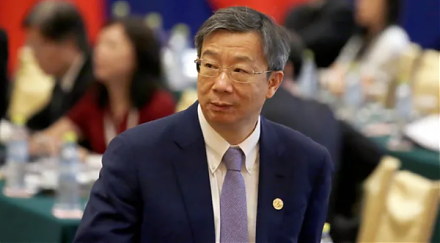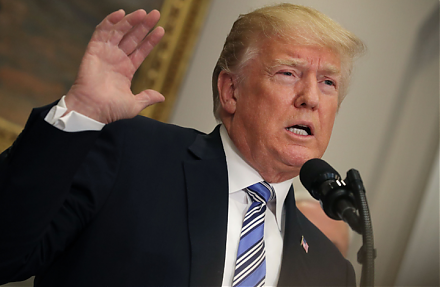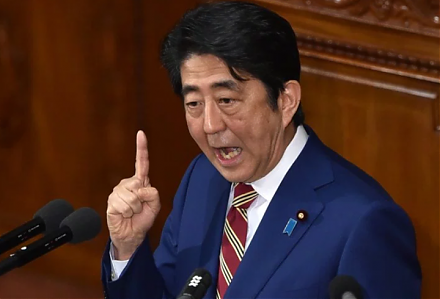

2018-07-30 11:36:00 Mon ET
technology antitrust competition bilateral trade free trade fair trade trade agreement trade surplus trade deficit multilateralism neoliberalism world trade organization regulation public utility current account compliance
Trumpism may now become the new populist world order of economic governance. Populist support contributes to Trump's 2016 presidential election victory and his key embrace of trade protectionism and accommodative fiscal stimulus. Trumpism echoes Carl Schmitt's fundamental critique of modern liberalism. This core critique reflects disdain for the universal aspirations such as absolute individual liberty and economic freedom.
Liberals place individual rights at the core of their political communities. In principle, these rights extend to every citizen, so absolute American liberty can be a decent idea. However, this liberal school of thought makes U.S. states vulnerable to the aggressive demand by domestic private interest groups and foreign nations. This latter retort reflects the key centerpiece of Trump's presidential election campaign.
As dominant market players such as China and Russia refuse to play by the rules of liberal economic governance, the Trump administration has to engage these players in a wider G20 circle.
China's recent economic rise suggests that the millennium world order of economic governance should be more inclusive. As Trump suggests at the G7 world summit, Russia should also be part of this new populist world order. Another addition can be India that represents a 1.3 billion population-dividend-equivalent to China. For this reason, Jim O'Neill, former chief economist at Goldman Sachs, advocates the fresh insight that we should broaden the practical scope of the G7 summit. Instead, a G10 summit or even a G20 summit must encompass all major market economies.
This inclusive approach emphasizes the new populist world order on key economic issues from global capital control and credit supply expansion to climate change and environmental degradation.
If any of our AYA Analytica financial health memos (FHM), blog posts, ebooks, newsletters, and notifications etc, or any other form of online content curation, involves potential copyright concerns, please feel free to contact us at service@ayafintech.network so that we can remove relevant content in response to any such request within a reasonable time frame.
2019-09-13 10:37:00 Friday ET

China allows its renminbi currency to slide below the key psychologically important threshold of 7-yuan per U.S. dollar. A currency dispute between the U.S.
2019-02-05 10:32:00 Tuesday ET

President Trump remains optimistic about the Sino-American trade war resolution of both trade deficit eradication and tech transfer enforcement. Trump now s
2017-10-27 06:35:00 Friday ET

Leon Cooperman, Chairman and CEO of Omega Advisors, points out that the current Trump stock market rally now approaches normalization. The U.S. stock market
2019-07-13 07:17:00 Saturday ET

Japanese prime minister Shinzo Abe outlines the main economic priorities for the G20 summit in Osaka, Japan. First, Asian countries need to forge the key Re
2018-09-27 11:41:00 Thursday ET

Michael Kors pays $2.3 billion to acquire the Italian elite fashion brand Versace. In accordance with Michael Kors's 5-year plan, the joint company grow
2024-04-02 04:45:41 Tuesday ET

Stock Synopsis: High-speed 5G broadband and mobile cloud telecommunication In the U.S. telecom industry for high-speed Internet connections and mobile cl